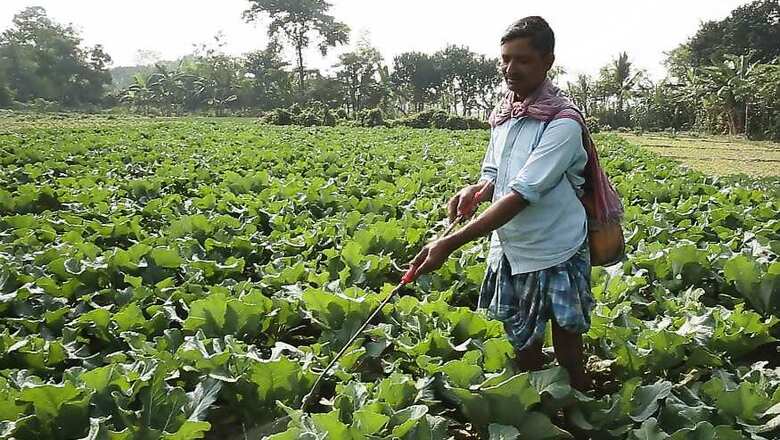
views
It’s only half an hour since shutters were up, but already about ten people have arrived to pick up cash at the tiny Rampur Mod branch of Bandhan Bank in the North 24 Parganas district of West Bengal. Two of the three men who man the bank are requesting people to downsize their cheques and return in the afternoon. The third, the branch manager, is on the phone, checking when their share of cash will come in.
Suddenly, there is a commotion. A stocky man in jeans and a black T-shirt wants to deposit Rs 1000 in Rs 10 coins. It turns out this was what the bank had given him the previous day when he withdrew cash. He says he wants to give it back in because no one in the village wants to take them. There’s a rumour doing the rounds that Rs 10 coins are fake. Another bit of misinformation that’s making days longer and life more tenuous. The daily clarifications and relief measures that are being announced since the overnight ban on Rs 500 and Rs 1000 notes on November 8, haven’t helped.
Bandhan Bank Founder and Managing Director Chandra Shekhar Ghosh says, "If you want to do big things for the the country then for the short time you can also bear some pain for that," but adds that the "informal noise and information" is a big worry. He says, "A lot of news has come informally and people haven't been able to figure out what is right; and a clear message has not come from formal channels."
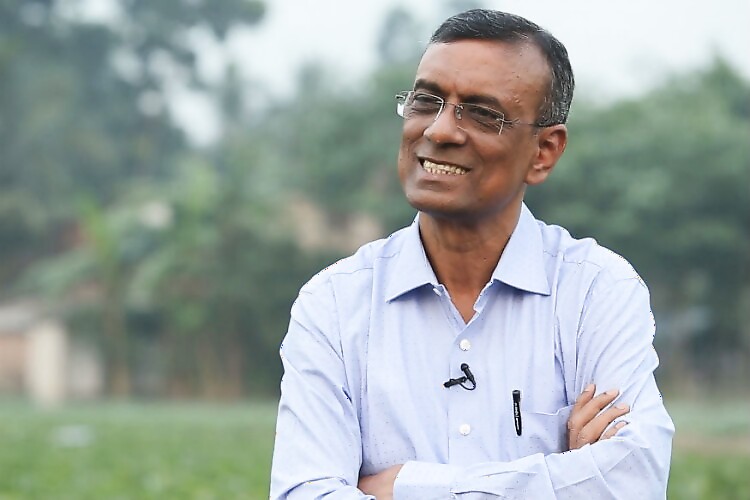
Bandhan Bank Founder and Managing Director Chandra Shekhar Ghosh. (Picture Courtesy: CNN NEWS18)
Last year, Bandhan Bank was one of the only two entities to get a banking licence from the Reserve Bank of India. With 85 of its 95 lakh customers inherited from its microfinance business and 68% of its branches in villages, it has a finger on the pulse of rural India. The bank reports that, since demonetisation, deposits in its rural branches have gone up three times compared to the urban ones. Due to the less number of people and bank branches, those in villages tend to keep some cash at home, mainly in larger denominations. It’s this money that was exchanged in the first week after demonetisation was announced.
Subsequently, the pinch has been felt on withdrawals that are rationed not only by the government but also by the cash-strapped banks. There isn't enough supply, and Prime Minister Narendra Modi has already said the disruption will last 50 days. Ghosh says, "If we can get a good supply of small denomination notes of Rs 500 and Rs 100, we can streamline within a week." He cautions that if this takes time, frustration can rise again.
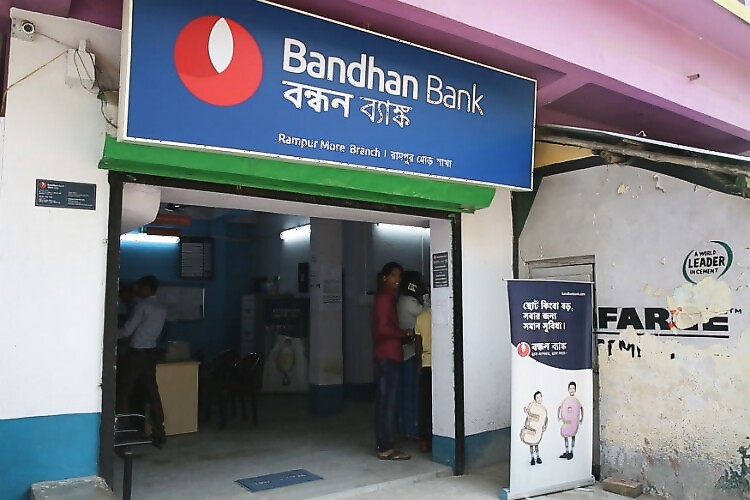
In Rampur, a village of mainly Muslim farmers, tailors and shopkeepers, lack of liquidity is impacting demand and supply. According to Ghosh, fruit sellers he’s been speaking to say demand has halved and that rotting fruit means lost capital. Small shops, like mithaiwallas, are claming that daily demand is down by 75%. And though it’s time to plant potatoes, farmers can't get started as they are not able to borrow.
Though Bandhan Bank had stopped its micro loans immediately after the announcement, it has resumed them since November 21. It’s an odd predicament - people who have got loans cannot access them because of the limit on withdrawals, but their interest payments have already kicked in. Since Bandhan is a bank, it can accept weekly repayments in Rs 500 and Rs 1000 notes, but micro finance institutions haven’t been offered that option by the RBI. Ghosh is concerned that the industry could be looking at a crisis. If there’s a long break in repayments, the discipline that’s vital for the business will be affected. Though he says it won’t be anywhere like in 2010 - when the Andhra government had passed an ordinance asking people not to pay back - the disruption could be an opportunity for mischief-makers.
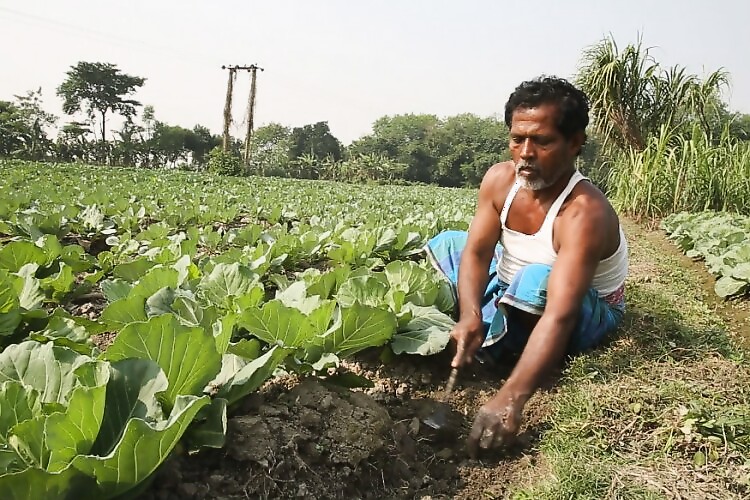
Weighing the ongoing disruption against the long-term benefit of eradicating black money, Ghosh says while there will be an impact, more needs to be done. Getting people to use electronic transactions, reducing taxes and making government machinery corruption free, are some of the other steps, he feels, that need to be taken.
As for creating a cashless economy, that’s being touted as the panacea for black money, Ghosh says: "This is an opportunity for us as people are ready to listen; previously they were not ready." But, he admits, a lot of handholding and education would be needed to get a large mass of Indians to convert.
At the Rampur Mod branch, most of the people have left except for a couple of young men who have chosen to wait for their money. They are playing a game on their phones to kill time. It’s only a matter of time before Digital India forces them to use their smartphones to do so much more.










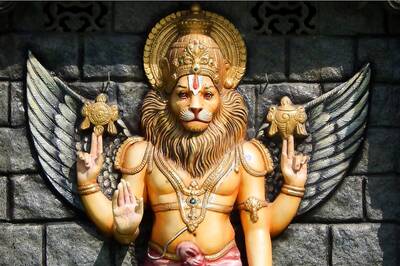


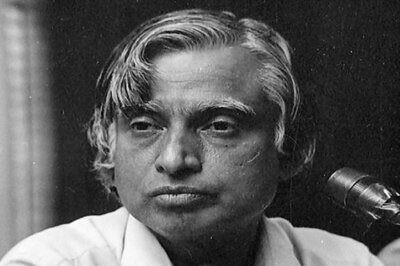




Comments
0 comment